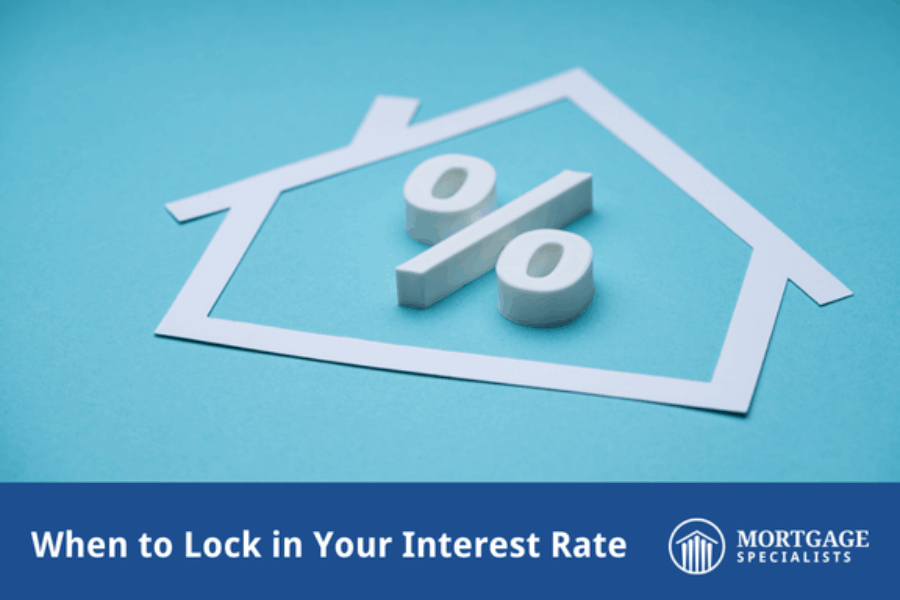If you’re a first-time homebuyer, you may have heard that sellers don’t like FHA loans. You were probably left wondering why the seller would care about the type of mortgage you’re obtaining, as long as they get their money.
Well, the truth is that sometimes sellers do care and we’re here to explain why. But first, we want to cover the differences between conventional and FHA loans.
Conventional Loans
Conventional loans are generally more difficult to qualify for than FHA loans. People that usually qualify for a conventional mortgage possess three qualities: good credit, steady income, and funds for a down payment.
It is possible to qualify for a conventional loan without putting 20% down. However, lenders generally require those borrowers to purchase Private Mortgage Insurance. Lenders require this to protect themselves in case the borrower defaults.
These mortgages come in a variety of sizes and terms, including fixed- and adjustable-rate loans, and generally conform to the industry standards set by Fannie Mae and Freddie Mac.
FHA Loans
FHA loans are a government-insured loan. They are typically easier to qualify for, with lower down payment and credit score requirements, making them a perfect solution for those that can’t qualify for a conventional loan. They also generally have lower closing costs than conventional loans. All of these factors make FHA loans an ideal choice for first-time homebuyers.
While they do offer borrowers more flexibility, they often have higher interest rates than their conventional counterparts. Most FHA loans also require borrowers to purchase mortgage insurance.
Reasons Sellers Don’t Like FHA Loans
There are two major reasons why sellers might not want to accept offers from buyers with FHA loans. Both reasons have to do with the strict guidelines imposed because FHA loans are government-insured loans.
Effects on Price During Buying Process
For one, if the home is appraised for less than the agreed-upon price, the seller must reduce the selling price to match the appraised price, or the deal will fall through. With a conventional loan, if the appraised value is less than the agreed-upon price, the buyer has an opportunity to negotiate the price or come up with the difference. That means the seller may still be able to sell at the agreed-upon price or a price close to it. With FHA loans, their hands are tied – they either lower the price or list the home again. If they do decide to list the home again, the appraisal stays with the property for 120 days.
Responsibility for Repair
The other major reason sellers don’t like FHA loans is that the guidelines require appraisers to look for certain defects that could pose habitability concerns or health, safety, or security risks. If any defects are found, the seller must repair them prior to the sale.
Some of the most common defects, include:
- Homes built prior to 1978 need to have all peeling or chipping paint on the property scraped and repainted.
- Safety handrails must be installed in open staircases with 3 or more stairs.
- Appliances, floor coverings, and roofs must all have 2 or more years of useful life left.
- Large cracks or trip hazards in the concrete must be fixed.
- Windows cannot be broken and must function properly.
- The property must have running water and working heating and cooling systems, depending on the region.
As you can see, there are a couple real reasons why sellers don’t like FHA loans. While all sellers don’t feel this way, we like to ensure our clients know the details of their loan.
If you’re looking to purchase a home in the next 3-6 months, begin the pre-approval process today by clicking the button below. The application generally takes our clients less than 10 minutes to complete and after submitting, you’ll hear from a member of our team within a few hours.













 © Mortgage Specialists.
© Mortgage Specialists.